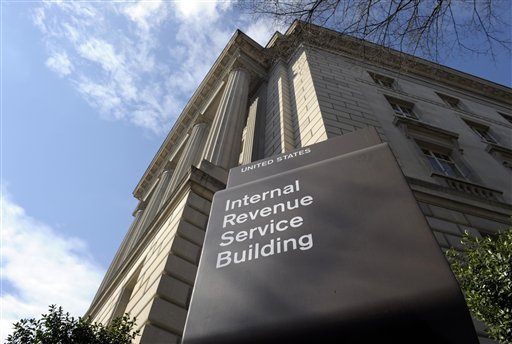Despite Obamacare’s implementation of an increasingly complex tax system, President Barack Obama’s IRS is not going help any taxpayer who wants to speak to a human being on the phone.
Reports indicate it may take as long as 30 minutes to speak to an IRS agent capable of answering simple questions. It’s also estimated that only 50 percent of people calling in will be able to reach an actual operator.
According to a report by agency watchdog Nina E. Olson, “Taxpayers who need help are not getting it, and tax compliance is likely to suffer over the longer term if these problems are not quickly and decisively addressed.”
IRS Commissioner John Koskinen blames budget cuts, while claiming “the number of audits will decline, technology upgrades will be delayed and the agency might be forced to shut down and furlough workers for two days later this year.”
The administration, in the person of the IRS commissioner, seems to be trying to blame Congress.
The IRS will no longer help low-income taxpayers fill out their returns, and tax refunds could be delayed for people who file paper returns.
“It couldn’t be worse timing,” Koskinen said of the budget cuts.
Congress cut the IRS by $346 million for the budget year that ends Sept. 30. Koskinen says the agency’s $10.9 billion budget is its lowest since 2008. When adjusted for inflation, the budget hasn’t been this low since 1998, he said.
Republicans in Congress adamantly oppose Obama’s health law, so some have been working to starve the IRS of funds just as its role in implementing the law ramps up.
It won’t work, Koskinen said in an interview. The agency, he said, is required by law to help implement the health program. “The only places we have discretion are in information technology, tax enforcement, customer service.”
He goes on to estimate a $2 billion loss in tax revenue this year. There’s no denying Obamacare has complicated the process, making it more labor intensive to file.
For the first time, tax filers will have to report information about their health insurance during the previous year. For most people who get health coverage through work or through government programs like Medicaid, it will mean simply checking a box.
Others who got insurance through state and federal marketplaces will have to file a new form, while people who received subsidies will have to provide more detailed information.
People who didn’t have health insurance last year face fines unless they qualify for a waiver, which requires more paperwork.
The subsidies were based on projected incomes, so families will need to report if actual incomes were higher or lower. If higher, they might have to pay back some of the subsidy, either through a smaller tax refund or a payment.
If their incomes were lower, they might qualify for a larger tax refund.

COMMENTS
Please let us know if you're having issues with commenting.